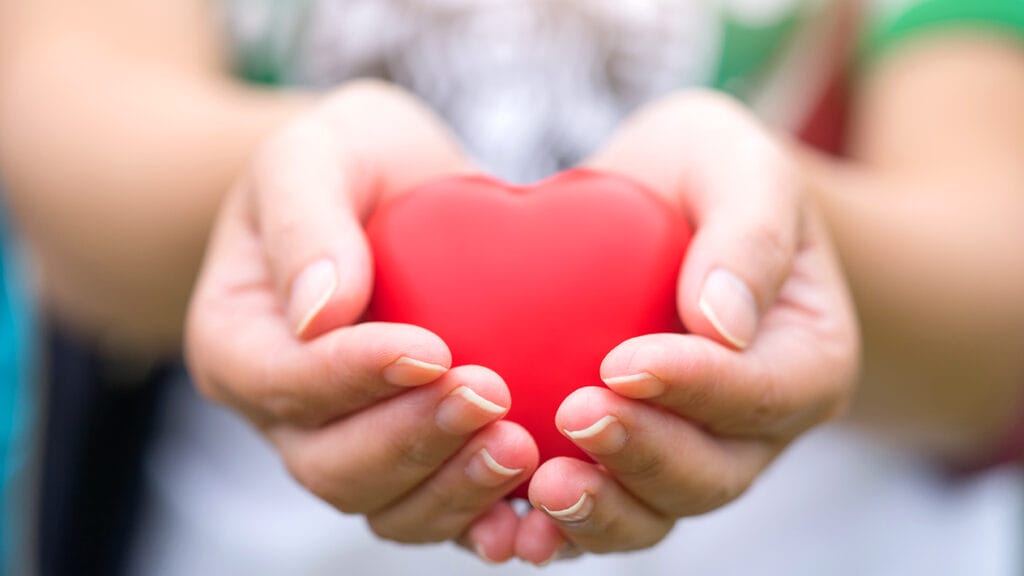

With ongoing concerns about how many older adults are — or aren’t — monitoring their heart condition, one smartphone tool hopes to help them check for good vibrations.
Tech start-up CardioSignal’s heart health diagnostic uses built-in smartphone capabilities to allow anyone to check their cardiac biomarkers simply by laying their phone on their chest, the company said.
More than 30% of assisted living residents have some form of heart disease; the ability to monitor, and hopefully prevent, heart health emergencies could be a life-saver for them and could keep them out of the hospital more often.
Unfortunately, in addition to many older adults not using monitors such as wearables, which some find cumbersome, the ability to monitor heart health from smartphones or other devices has, in the past, been hampered by data “noise” from the body.
Clean data collection can be disrupted by something as simple as an item, including a diagnostic tool, rubbing against skin, observers say.
As such, both artificial intelligence and smartphones are seen by experts as a good call — and a promising source of health diagnostics.
Several new innovations, including NuraLogix’ “Magic Mirror” tablet, are aiming to create user-friendly, fast-acting health diagnostic tools.
CardioSignal is able to work around this issue by using the gyroscope and accelerometer motion sensors that are already built into today’s smartphones, the company’s website explains.
The tech takes a one-minute reading of “micro-vibrations” in the heart, and can flag risk of heart conditions, including heart failure, coronary artery disease and hypertension, the company said.
To promote its tool via clinical trials, CardioSignal received $10 million in funding from private investors, the company announced Tuesday. The company has received $23 million overall since it debuted the tech last year, it said.
Currently, the device is available only in Europe, but company officials said they are hoping to quickly scale globally based on the outcomes of future clinical studies.


